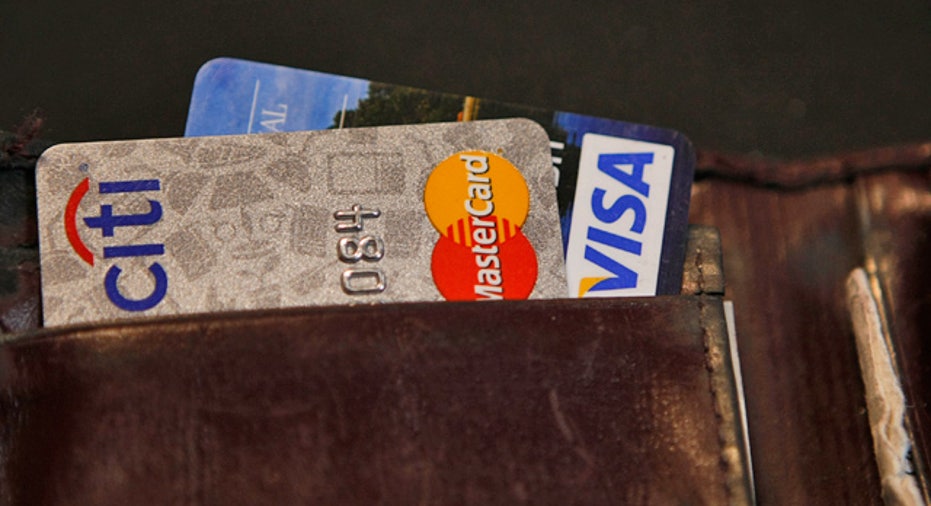The Credit Card Perk Millennials May Be Missing Out On

Even though we have a reputation for being somewhat flighty and irresponsible, millennials are generally savvy consumers. In fact, we’re often more budget-conscious than older consumers.
TD Bank’s recent Consumer Spending Index polled 1,500 consumers on their spending habits. On average, Americans spend about $1,000 per month on discretionary items like dining out, retail and entertainment. They spend about $1,600 on bills like rent and mortgage payments, for a total of $32,000 per year in expenses that don’t include car payments, insurance, other debt or healthcare.
Interestingly enough, millennial consumers dined out more times per month and went out for coffee much more than their Gen X and Boomer counterparts. However, they actually wound up spending less money per year overall — about 27% less than Gen Xers and 23% less than Baby Boomers.
So how do millennials manage to dine out and get coffee more times in a month but still spend less money overall? Well, it’s likely got to do with their other savvy spending habits, like cutting the cable cord and generally spending less on housing, cars and similar expenses.
This makes millennials pretty smart consumers. But they’re still missing out in one major area: credit card rewards.
Millennials are much more likely than their older peers to use debit cards versus credit cards, charging about 22% less than the average consumer. Of course, racking up less revolving debt is a good thing and may be part of the reason for millennials’ overall lower bills. But using credit cards wisely is a great way to reap rewards, including a higher credit score.
Cash back credit cards with dining- and retail-focused categories could be a great way for millennial consumers to see serious benefits from their overall spending styles. For instance, a card with 5% cash back on dining out could be of huge benefit for a millennial who dines out 10 or more times per month.
Passing Up Those Rewards
Plus, responsibly using credit cards while maintaining a near-zero balance has great benefits for your overall credit score. As many millennials are at the right age to start financing major purchases like homes, this is certainly something worth considering.
So how should Millennials consider shopping for and using credit cards? Here are a few tips to get you started:
- Stay budget-conscious. Having a credit card on hand is no reason to ruin your savvy spending habits. Make a habit of paying off your credit card in full every month so that this strategy leads to prosperity rather than ruin.
- Look for the most suitable rewards categories. When credit card shopping, take time to find the card that has the best rewards for your current spending habits. If you currently spend much more on dining out than on groceries each month, find a card that heavily rewards restaurant spending. Or check out retail-focused rewards cards if your budget is largely devoted to maintaining your fabulous wardrobe.
- Decide between cash back, points, and travel rewards. Cash back rewards are generally the easiest option to use, but they’re rarely the most valuable. The most valuable are generally points or miles that you can transfer to hotel or airline programs, where you’ll get more bang for your buck. If you love to travel, these rewards can be particularly useful.
Shop for Credit Cards Like a Millennial
If you’re credit card shy, don’t be. Using credit can be a smart move as long as you limit your spending and stay on top of payments. It can give you good rewards back in your pocket, all while boosting your overall credit score.
[Editor’s note: Before applying for a credit card, it’s a good idea to check your credit scores so you know which credit cards you can qualify for. Each time you apply for a credit card, it can negatively impact your credit score by a small bit, but if you have to keep applying because you keep getting rejected, those small dings can add up. You can check your credit scores for free, updated each month, on Credit.com.]



















